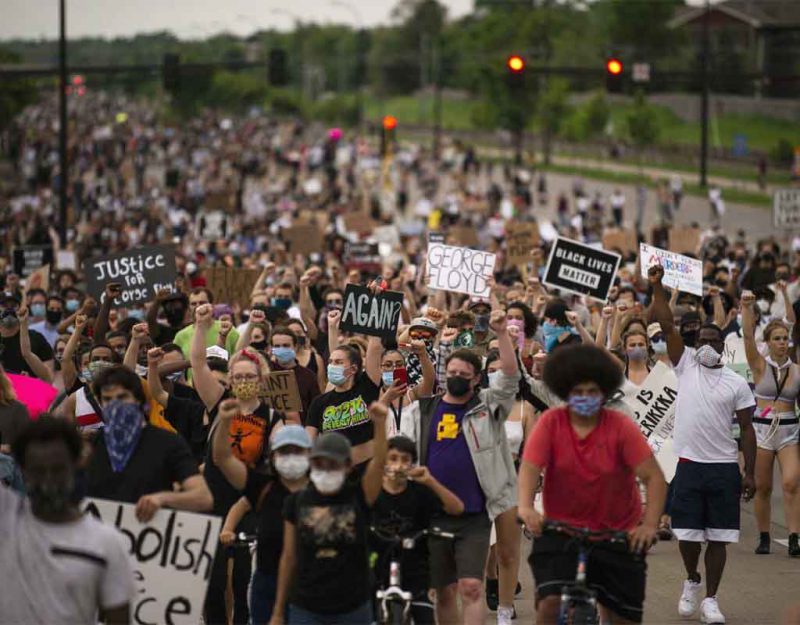Why We Need To Censor Mass Media
History entertains us with its perpetual epicycle: something exists which is so unknown or scary that no one wants to discuss it, therefore it exists as an invisible major problem while the society pursuits symbolic or smaller problems, until someone finally breaks taboo and ushers in a new era.
Currently we — humanity; perhaps including You and I — is dodging mention of the grim fact that democracy depends on everyone having equal rational ability and applying it to the task at hand, when in fact we are vastly different and most people vote by psychological factors, not real ones.
This shows us three fatal flaws of democracy:
- Most people have no idea what they are doing when making political decisions.
- People in groups, especially smarter people, conform to what they think the group will support.
- Your average person votes based on factors other than outcomes.
Regular people tend to figure out what group they identify with, then how that group is voting, and they vote for that, especially if it conflicts with what they know to be true, because if there is a conflict, they are afraid of getting kicked out of the group.
They get their information about their group and its activity from the media. Much as we have had problems with yellow media such as in the 1890s, or during the 1960s while the Vietnam conflict raged, we now have a problem with masses misled by by the media in a couple crucial ways:
- Fake outrage: the media creates symbolic problems where there are none, such as in the case of Mike Brown or George Floyd, neither of whom were mistreated considering their actions leading up to the event. The Satanic Panic of the 1980s and the urban legends occasionally reported by media fit in here.
- The bubble: as a counterpart to inflaming false fear, the media also creates false contentment by reporting feel-good “human interest” stories and showing fictional stories which project our broken world as if it were a reasonable way to live. People live in a bubble of good feelings and distractions.
The goal of all art and entertainment is a suspension of disbelief that causes us to overlook the fact that it is fiction, a paid product, and the design of relatively few humans. This creates a symbolic reality, where we are more concerned with what is sociable (“good”) and existentially frightening (“evil”) than actual consequences of our actions in reality, in which people exist in a state of distraction and oblivion so that they can function.
We are seeing how toxic this can be, especially as we are roiled by conspiracy theories:
- 5G causes coronavirus. There are many reasons to oppose 5G, mostly that it is unnecessary, untested, possibly dangerous, and mostly produced by Chinese companies. The companies pushing for 5G know that they will be broke unless they make a new media product to force everyone to upgrade, so they rolled out during the coronavirus lockdown, giving rise to these theories, which were then spread by the media preaching against them.
- Trump impeachment. We suffered a string of obviously false and unrealistic narratives from the Democrats, including Stormy Daniels, emoluments, Russia collusion, ownership of his companies, mental health problems, physical health problems, and finally, the impeachment itself. All of these were easily seen through but no one figured it out.
- Coronavirus panic. What we were told was the epidemic which would end humanity has in fact turned out to be relatively mild since it affects a small segment of the population only; our response was disproportionate, but no one could tell because the media hype was so intense.
- Anti-vax. This movement was a relatively small freakout based on states trying to require pre-teen girls to get an HPV vaccine because the poorer and less white among them tend to have lots of sex early on and get cervical cancer later in life. That risks differ by ethnic group, and that the solution really was to discourage sexual liberation, never occurred to the authorities, so people came to distrust them.
- QAnon. No one knew how to conceptualize the deep state, so a clever writer came up with a way to portray it using the character of someone embedded in the system. The Left has done this for years with “anonymous sources” among the staff of their opposition, almost all of whom turn out to be guys working in the mail room who have drug problems and could use that extra $500 right now.
- Systemic racism. Those who believe that all humans are equal cannot understand that IQ differences between groups determine their average wealth. They also have no idea that many people behave bizarrely or have dangerous behaviors. For this reason, they fall prey to the media narrative that the reason why minorities and lower classes are poor is systemic oppression.
No country can survive when it is manipulated in this way. It will self-destruct since the voters have the power, and the voters are following a media that both floats them in happy bubbles and inflames them about conspiracy theories that do not represent reality.
Perhaps the twentieth century was the century of the individual, when allowing each individual to believe, act, and speak as he wanted was the popular thing; individualism of this nature was seen as liberating.
Now that the party is over, and we are staggering around the kitchen with a hangover trying to make an omelet out of ketchup, eggs, and week-old french fries, it has become clear that the distinction between individuals is more important than universal freedom.
Some can figure out the situation more than others, and we want everyone to benefit from the competence of those few. Allowing an unchecked media simply invites herd oblivion and panic, and as we see daily, will guide us into collapse.










